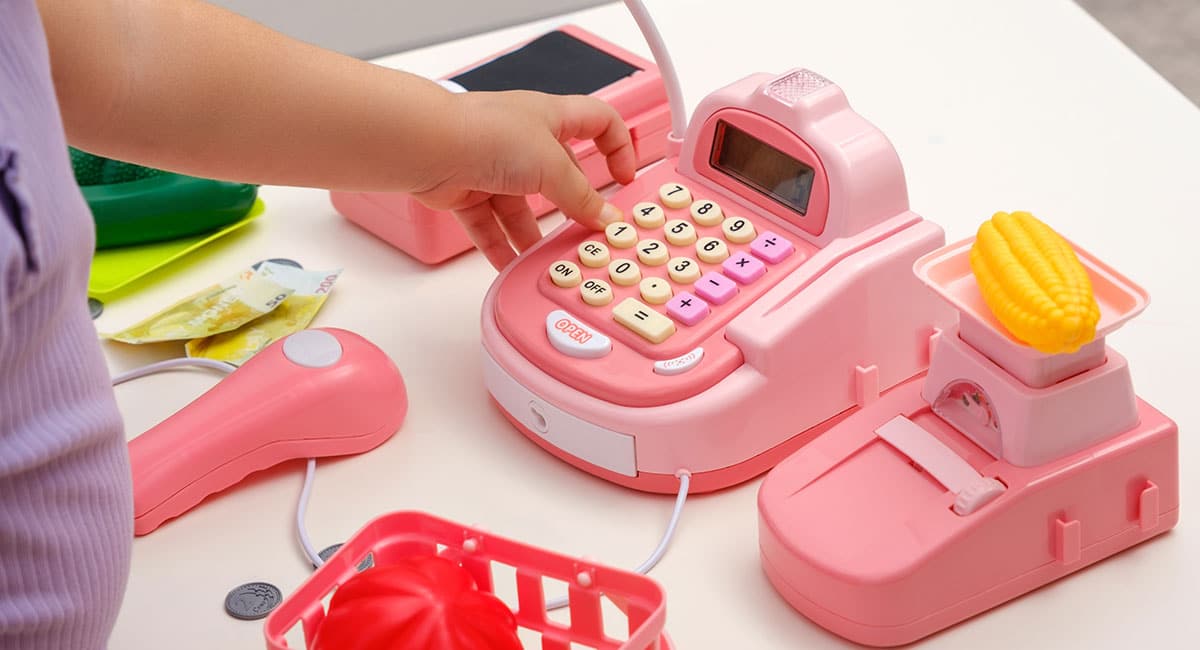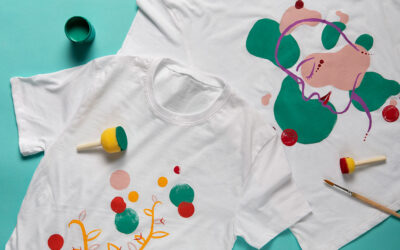Are you wondering how to teach kids about money in such a cashless world?
Instilling healthy money habits early and teaching your child the value of a dollar sets them up for financial success in the future. But where do you even begin?
Don’t worry; we’ve got you covered! We dive into easy and engaging ways to teach kids about money. From pocket money to saving goals, get ready to empower your child to be a money master!
5 kid-friendly activities to teach kids about money
Farming video games
The best thing is that kids are already being exposed to financial concepts in their play – especially if they play online video games. Farming games are about doing repetitive tasks to gain experience points or in-game currency to upgrade your character. There are shortcuts – by paying real-world money (literally known as pay to win). This requires IRL (in real life) to work odd jobs, help around the house, and do other tasks. You can inspire an entrepreneurial spirit by setting prices for chores: the more they do, the more they earn. They could start a small company offering the same to others up and down the street!
Go Google Earthing
One way to explain how foreign currencies work is to hop on to Google Earth with some play money and learn about international money transfers. Some children might declare ‘I’m a millionaire’ when converting $100 Australian into Indonesian Rupiah. But they will learn that different denominations are far from equal when trying to buy from different stores. Look up prices for things your child understands, such as an apple or a chocolate bar in local currencies. They can see just how far your dollars (or ringgit or pounds…) go.

Rainy days and saving
Kids can learn about saving in stages. The first stage focuses on the fundamentals before moving on to more advanced topics like borrowing, banking, and long-term investing. Hopefully, this will be enough to show them that restraint pays off in the long run by allowing them to go for the stars. The concept of ‘Future You’ is a valuable concept. You can spend $5 now on lollies, but what about the Future You who wants a new Fortnite Battle Pack in a couple of months? Don’t ‘force’ your kids to have the lesson – sometimes they have to make the choice and learn the hard way!
Pooling resources, interest, and finance
It’s unlikely your younger children will have enough money to open a term deposit. But you can chip in ‘bonus interest’ for each week or month they save their money. The more money they save, the more they end up with, which introduces them to the concept of compounding interest. If they have friends or siblings, they can pool together their money to buy a big-ticket item like a games console, a bike, a playset, or whatever they desire – as long as they save the money to get there.
Give them a bank account and cards
Providing young people with mobile banking options like Rooster Money and Spriggy is a valuable way to teach kids about money and financial literacy. With a debit card and an accompanying smartphone app, kids may learn to manage their money, keep track of their earnings and expenditures, and gain some independence.


